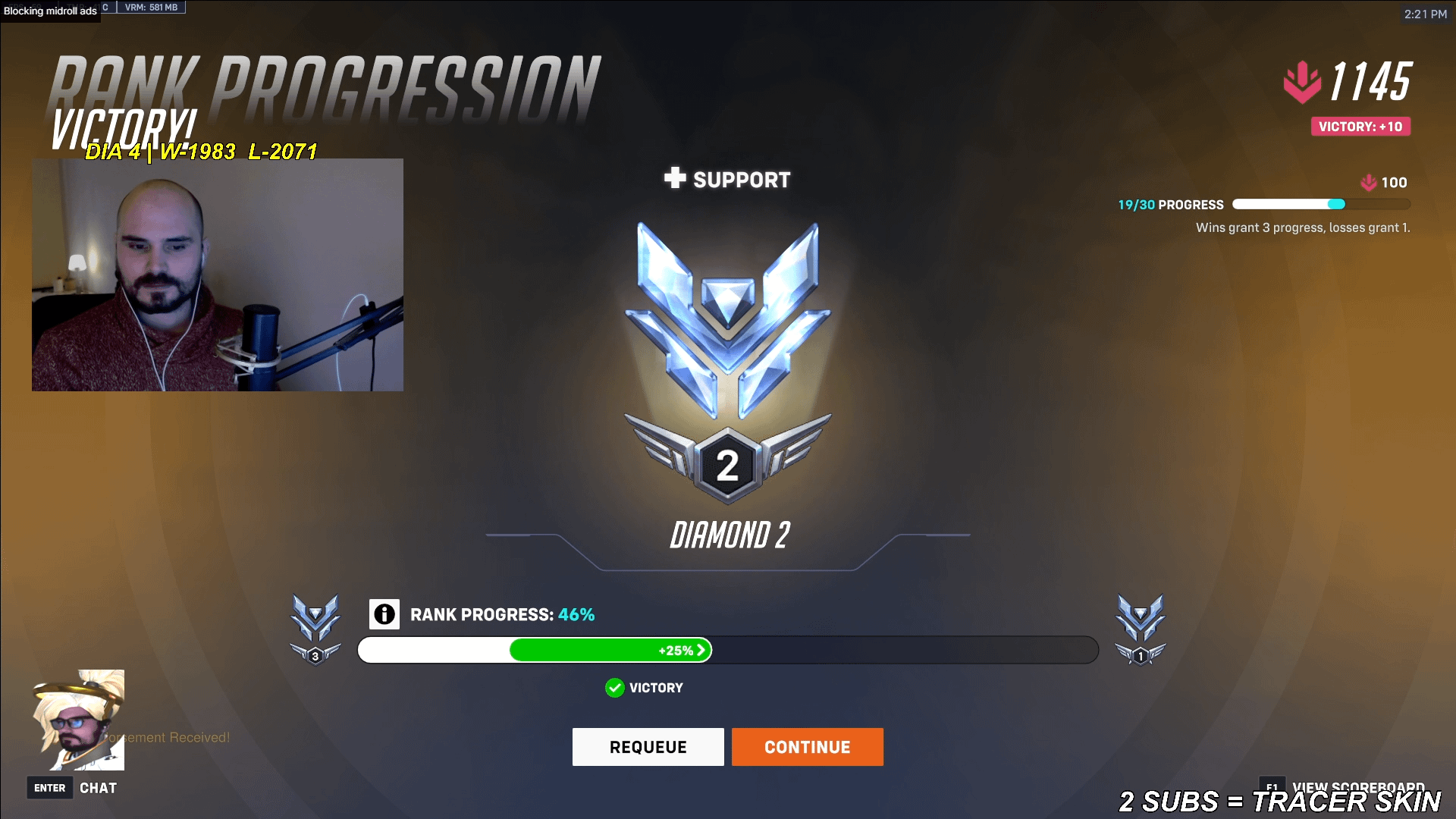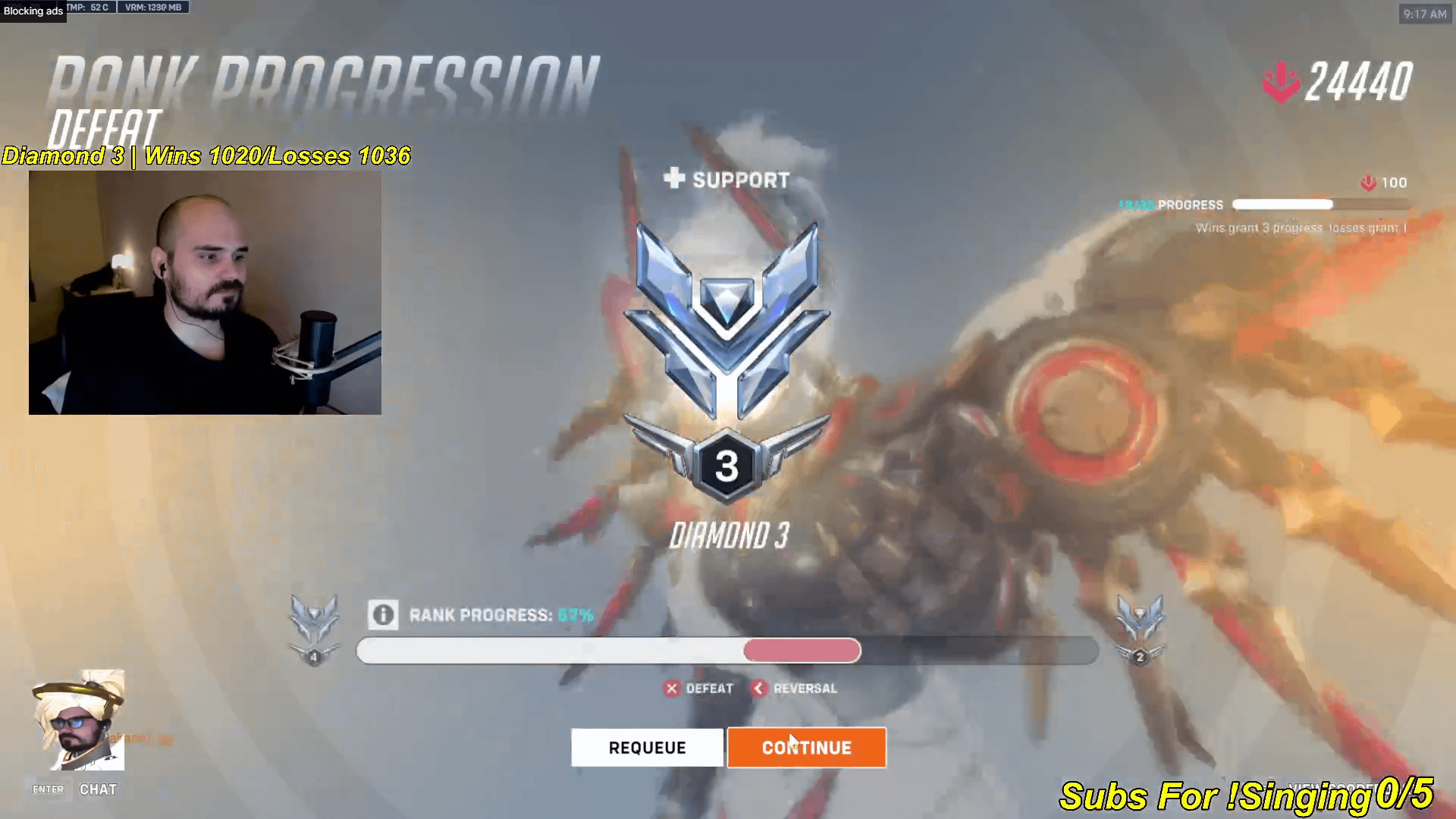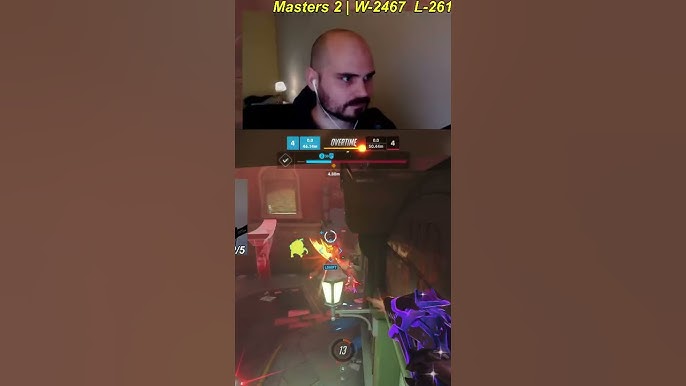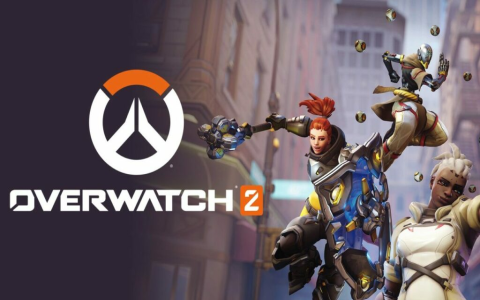Okay, let’s talk about this “moreweth overwatch 2 mercy challenge” I decided to tackle recently. Saw folks mentioning it, and figured it would be a decent way to really grind out some improvements on my Mercy play. You know how it is, sometimes you need a specific goal to really focus your practice.

Getting Started – The Rough Patch
So I jumped into some games. Honestly? Got absolutely wrecked at the start. Felt like every flanker on the enemy team had my name highlighted. Trying to juggle healing the tank, boosting the DPS, and not dying felt impossible. My Guardian Angel usage was panicked, just trying to get anywhere safe, not necessarily somewhere smart.
Died way too much in those initial matches. It was frustrating, not gonna lie. Made me question if I was even cut out for this challenge thing. You really see your bad habits laid bare when you’re under that kind of constant pressure, forced to survive above all else while still trying to do your job.
Finding a Rhythm
After getting stomped for a while, I realized I couldn’t just play my usual way. I had to actively change things. Started thinking much more deliberately about where I was standing before fights even broke out. Using natural cover became priority number one. Like, really hugging those walls and corners, playing angles.
Also started focusing hard on my beam target priority. Less frantic switching back and forth based on whoever screamed the loudest. More conscious choices. Who really needs the heal right now to survive? Who’s actually in a position to get value from damage boost? Started trying to track enemy cooldowns and ults mentally, trying to anticipate dives before they happened.
- Positioning: This was huge. Had to be way smarter. Used natural cover constantly. Tried to always stay within Guardian Angel range of multiple teammates if possible, giving myself escape options.
- Beam Usage: Stopped just holding left-click on the tank all game. Actively looked for damage boost windows, especially on DPS hitting key abilities or ults. Had to make the blue beam count.
- Awareness: Really cranked this up. Kept my head on a swivel, constantly checking flanks. Listened hard for flanker sound cues like footsteps or abilities. The Tab screen became my friend, checking enemy team comp and trying to guess their ult statuses.
The Grind
Played a bunch of matches over several sessions. Some wins, plenty of losses still. The point wasn’t necessarily winning the match for me during this practice, but about doing my job better according to the challenge’s principles – staying alive, maximizing beam value. Sometimes you’d have a great personal game, hitting those challenge metrics, but the team would still lose. That’s just Overwatch 2 sometimes, right? You can only control yourself.

There were definitely games where I felt like I finally got it. Smooth movement, impactful boosts, clutch saves, maybe even pulling off a risky resurrection that actually turned a fight around. Those moments felt good. Then the very next game, I might get completely shut down by a really good Sombra or Tracer. It was definitely a rollercoaster experience, teaching me humility real quick.
So, How’d It Go?
Did I officially “beat” the challenge? It’s hard to say definitively. There wasn’t like a specific achievement popup or a final boss I defeated. It was more about the personal improvement journey. But I can confidently say I got better. My Mercy gameplay feels tighter now, more deliberate.
My survivability went up noticeably. I die less to dumb positioning mistakes, that’s for sure. My game sense feels sharper, and I think my beam uptime, especially making good use of the damage boost, is more effective than before I started this focused practice.
Final Thoughts
Was it worth the effort and occasional frustration? Yeah, I think so. If you’re a Mercy player feeling like you’ve plateaued, or you just want to really drill down on fundamentals like positioning, awareness, and cooldown management, giving yourself a specific framework like this challenge can really help.
Don’t expect miracles overnight, though. It’s a grind. But the focus it brings to your gameplay is valuable. It forces you to analyze your own play more critically and break bad habits you might not even realize you have.

Just be prepared to die. A lot. Especially at first. And maybe remember to take breaks so you don’t tilt off the face of the earth. It really highlights how tough playing support well can be in Overwatch 2 sometimes, constantly walking that tightrope between healing, utility, and pure survival.
















